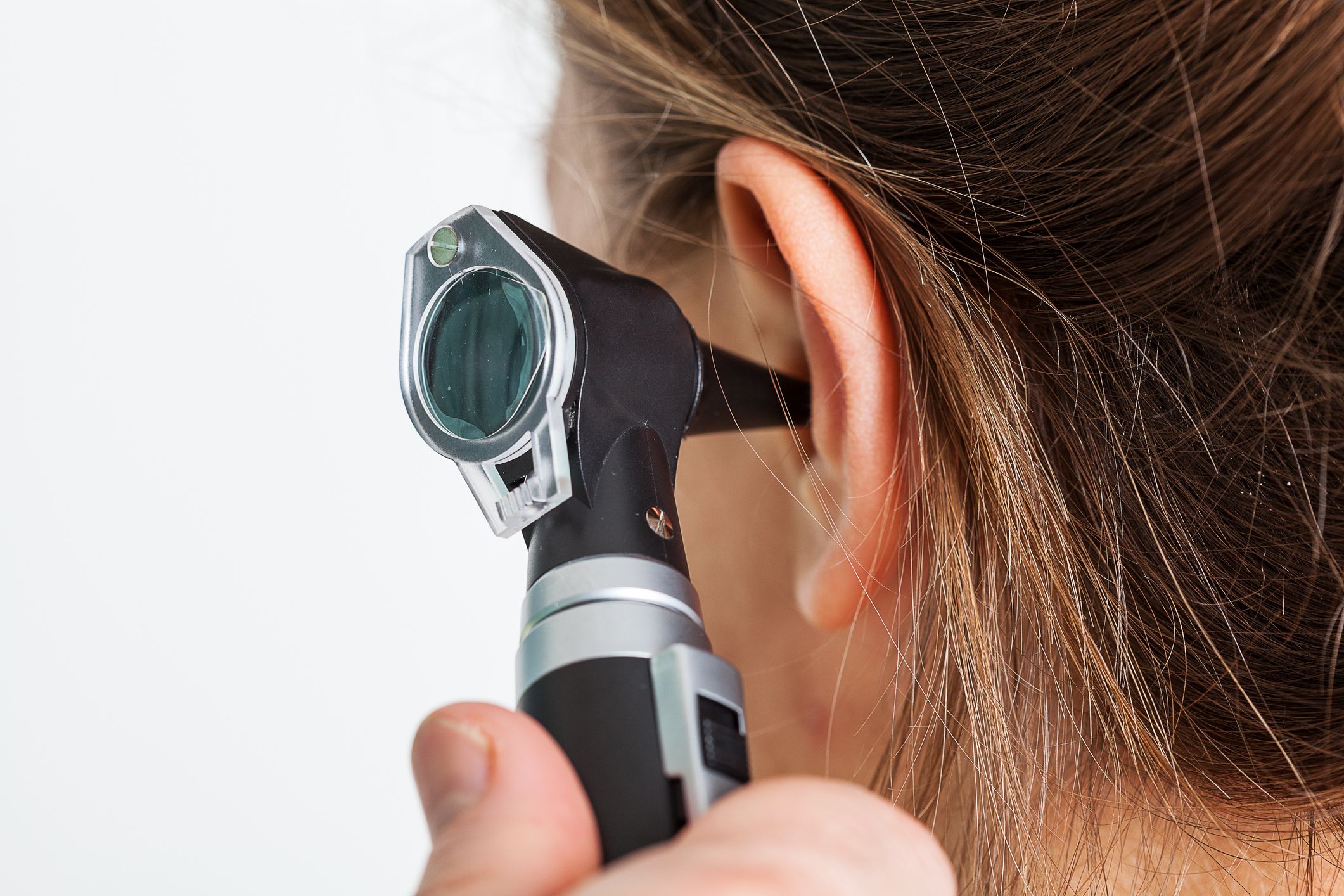
A rare ear condition has left a woman only able to hear women's voices.
The woman from Xiamen, on China's east coast, knew something was wrong when she woke up and couldn't hear her boyfriend's voice, MailOnline reported citing AsiaWire.
Read more: Your eye color may increase your risk of seasonal affective disorder—the winter depression
The night before, the patient—only identified by her last name Chen—heard ringing in her ears and vomited.
The next morning, an ear, nose and throat specialist at Qianpu Hospital told Ms. Chen that she had a form of low-frequency hearing loss known as reverse-slope hearing loss. This meant she was unable to hear lower-frequency sounds, including the average male voice.
Dr. Lin Xiaoqing, a woman doctor who treated Ms Chen, said the patient was able to hear her when she spoke but couldn't hear a male patient.
"She couldn't hear him at all," said Dr. Xiaoqing, according to MailOnline.
Doctors believe the condition was brought on by stress, as Ms. Chen had worked late and was not sleeping enough before her hearing deteriorated.
Dr. Xiaoqing said Ms. Chen is expected make a full recovery with some rest.
Reverse-sloping hearing loss is a form of sensorineural hearing loss. The term describes the shape of a hearing test audiogram of those who can't hear low frequencies.
High-frequency hearing loss, where sufferers are unable to hear the voices of women or children, is more common. In this condition, the plot of the audiogram runs from the upper-left-hand corner of the graph and travels downwards like a ski-slope. In reverse-sloping hearing loss, the shape of the audiogram runs in the opposite direction.
Only around 3,000 people in north America are affected by the rare condition.
As well as struggling to hear low-frequency voices, those with the condition can find it tough to make out voices on the phone, as well as noises like the hum of the fridge or thunder. This can put sufferers in danger, as they may not hear noises like oncoming cars.
Genetic condition including Mondini dysplasia—where the cochlea is incomplete—can cause reverse-sloping hearing loss, as well as diseases which affect the hair cells in the inner ear, like Ménière's. Less often, a shift in the pressure of ear fluid can trigger reverse-sloping hearing loss. This can be caused by general anesthetic, a perilymphatic fistula (an abnormal opening in the ear), and intracranial hypertension, caused by pressure in the central nervous system.
According to the World Health Organization, some 466 million people across the world are affected by some form of disabling hearing loss. By 2050, that figure is expected to hit over 900 million. A range of factors can cause hearing loss, including hereditary diseases, infections, certain drugs, aging, and exposure to loud noises.
Uncommon Knowledge
Newsweek is committed to challenging conventional wisdom and finding connections in the search for common ground.
Newsweek is committed to challenging conventional wisdom and finding connections in the search for common ground.
About the writer
Kashmira Gander is Deputy Science Editor at Newsweek. Her interests include health, gender, LGBTQIA+ issues, human rights, subcultures, music, and lifestyle. Her ... Read more
To read how Newsweek uses AI as a newsroom tool, Click here.








